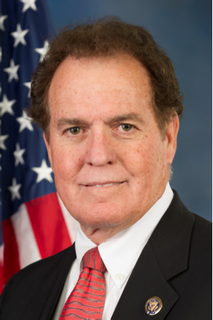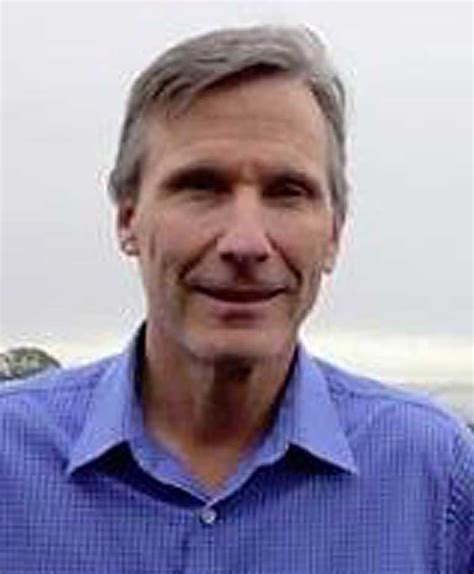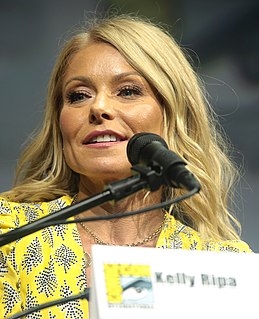A Quote by Eric Greitens
Before I became a SEAL, I'd done humanitarian work around the world - with refugee families in Bosnia, with unaccompanied children in Rwanda, with kids who lost limbs to land mines in Cambodia.
Related Quotes
In refugee camps around the world, I met people who were gone. They were still walking around but had lost so much that they were unable to claim any sort of identity. Others I met found who they truly were, and they generally found it through service to others. They became teachers when there was no school, books or pencils.
Indeed, many of the illegal crossers who have entered the country in the last two years after being detained have actually been either unaccompanied minors or families who request political asylum. The ability of the smugglers to attract large numbers of families and unaccompanied minors is a function of the inability of our immigration court system to process asylum claims in a timely fashion.
This year marks 20 years since the Rwandan genocide -- the world's greatest humanitarian tragedy of the late 20th century. The international community had pledged 'never again' in the aftermath of the genocide in the former Yugoslavia and Rwanda in the 1990s. Yet, we are witnessing today a different type of humanitarian disaster unfolding in Syria and Iraq.
President Obama has been a disaster for America. He's wrecked our economy, saddled our children with more debt than America managed to rack up in 225 years, and gone around the world apologizing for our country - as if the greatest nation in the world needs to apologize for being a land of opportunity and freedom, which we were before Obama became president.
































